Keir Starmer’s Government Faces Backlash Over Hardline Asylum Stance
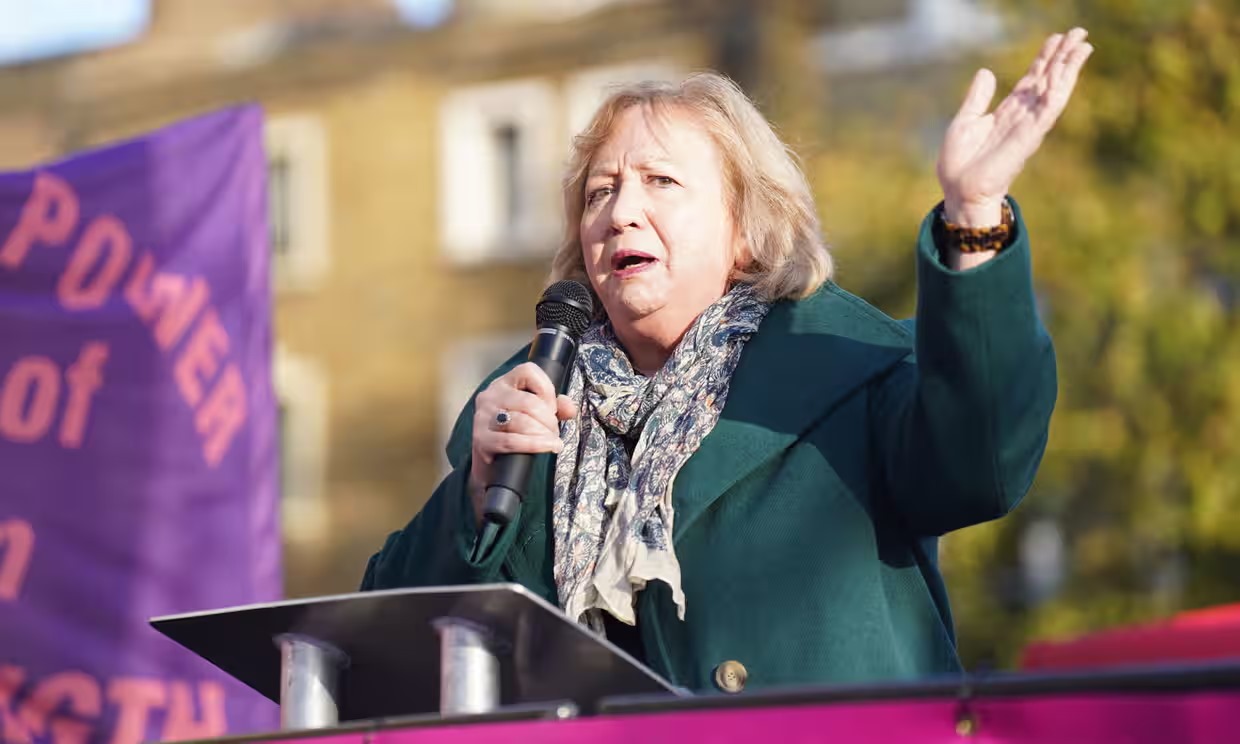

Keir Starmer’s largest union backer, Christina McAnea, alongside faith leaders, has warned Yvette Cooper that new rules denying citizenship to refugees arriving in small boats will “breed division and distrust” and may fuel attacks on migrant hotels.
McAnea, the general secretary of Unison, and nine Church of England bishops are among 148 signatories of a letter expressing concern over the Home Secretary’s plan to bar naturalisation for those who have made dangerous journeys. The letter claims this policy would label tens of thousands of refugees as “second-class citizens” and could contribute to “toxic politics” that the far right could exploit to spread hate and disorder.
The letter reflects growing concerns about Starmer's government adopting a hardline stance on asylum, aimed at countering a surge in support for Nigel Farage’s Reform UK. McAnea, who is generally seen as close to Starmer, heads Unison, the UK’s largest union and Labour’s most generous corporate donor during the 2024 general election, contributing £1.49m.
Other signatories include Rose Hudson-Wilkin, the Bishop of Dover, the first black female bishop in the Church of England, and eight other bishops, including those from Southwark, Manchester, Gloucester, and Leicester.
The letter responds to new guidance issued by the Home Office, which effectively blocks thousands of refugees from applying for citizenship if they arrived in the UK by small boats or hidden in vehicles. The guidance instructs caseworkers to normally refuse citizenship to applicants who have made dangerous journeys.
The letter urges Cooper to “urgently reconsider” the decision, emphasizing that labeling refugees as second-class citizens “will simply breed division and distrust,” and could escalate tensions in communities already healing from violent incidents, such as the 2022 hotel protests. It warns that such a policy would fuel a “toxic politics” that pits “us vs them” and could be manipulated by the far right.
The letter also highlights that Tony Blair’s government, which included Cooper as a minister, recognized the importance of citizenship in fostering integration, noting that the proportion of refugees applying for citizenship was a key indicator of success.
Other signatories include leaders from the Refugee Council, Islamic Relief UK, the Chartered Institute of Housing, as well as faith leaders such as rabbis from the Conference of Liberal Rabbis and Cantors, and leaders from the Methodist and Baptist churches.
The letter stresses that granting citizenship allows refugees to feel a greater sense of belonging, with a stable future for themselves and their children.
An update to Home Office guidance states that anyone applying for British citizenship who arrived illegally will “normally be refused, regardless of how long it has been since their illegal entry.” The Refugee Council estimates this could affect 71,000 people who have successfully applied for asylum. Immigration barrister Colin Yeo has described the policy as a breach of international law.
On Wednesday, former Home Secretary David Blunkett asked an urgent question in the House of Lords, urging the Home Secretary to reflect on the societal impacts of this policy, particularly on children’s rights to citizenship and the risk of statelessness.
A Home Office spokesperson said, “There are longstanding rules that prevent those arriving illegally from gaining citizenship. The government is strengthening these measures to make it clear that anyone who enters the UK illegally, including small boat arrivals, faces having a British citizenship application refused.”
Film, TV, and entertainment industry news. Plus, every Friday, a special Awards Insider edition.
By signing up, you agree to our user agreement (including class action waiver and arbitration provisions), and acknowledge our privacy policy.

Danish PM Mette Frederiksen firmly rejects U.S. interest in Greenland, stating “You cannot annex another country” while reaffirming Denmark’s commitment to the Arctic territory’s sovereignty.
By Emil Pedersen
Denmark plans to increase its defense budget by 50 billion kroner ($7 billion), pushing spending beyond 3% of GDP, marking the highest investment in over 50 years to strengthen military capabilities and support NATO.
By Emil Pedersen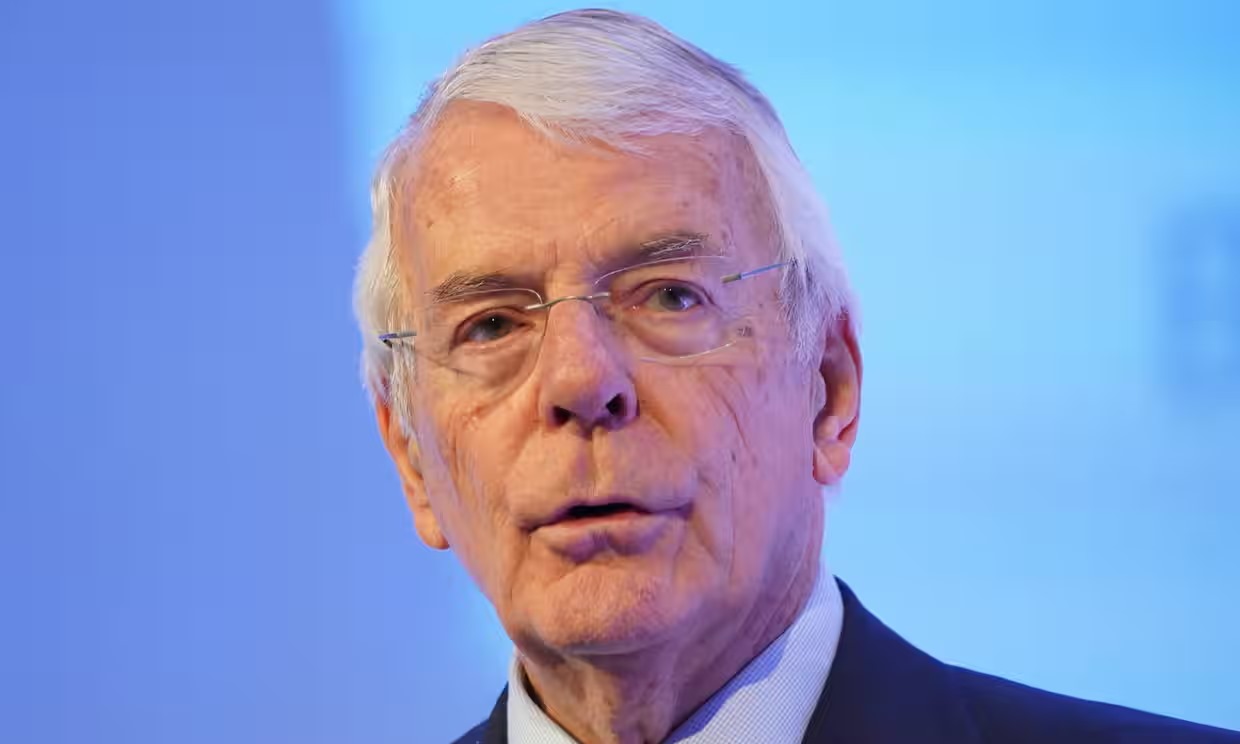
Former UK Prime Minister John Major warns that democracy is at risk due to Donald Trump's isolationist approach and China's growing global influence.
By Emil Pedersen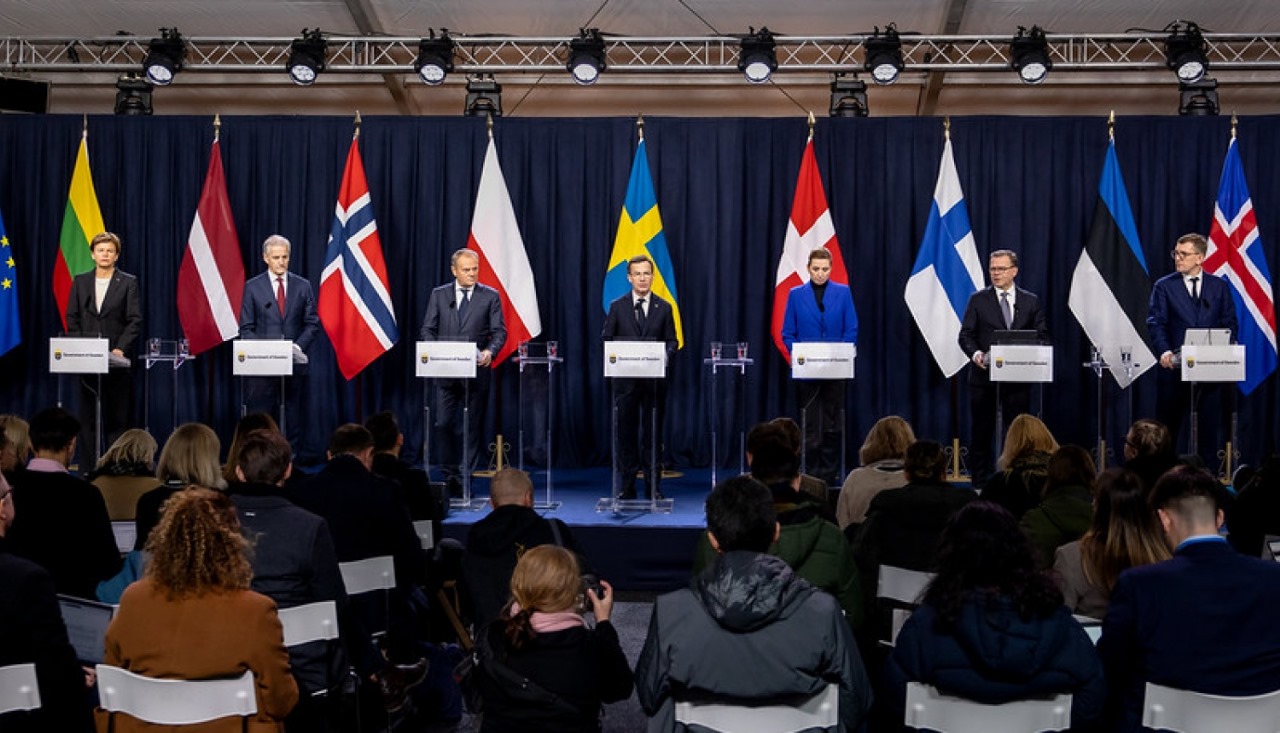
The Nordic and Baltic countries have reaffirmed their unwavering support for Ukraine in its fight against Russia, pledging to enhance military aid, economic assistance, and diplomatic backing.
By Lars Nielsen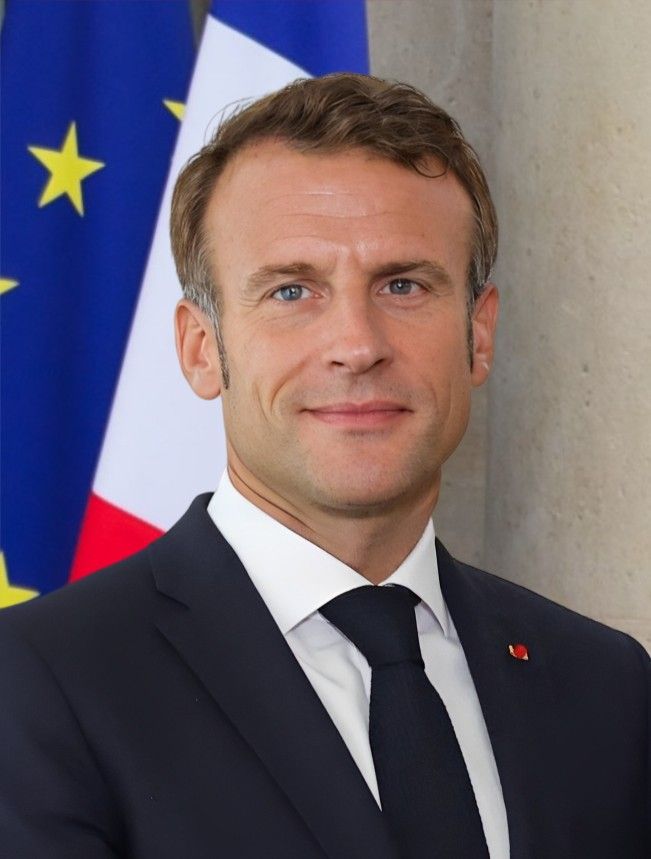
France, Ukraine war, European summit, Emmanuel Macron, European security, Donald Trump, NATO, Kyiv, Russia, diplomacy
By Emil Pedersen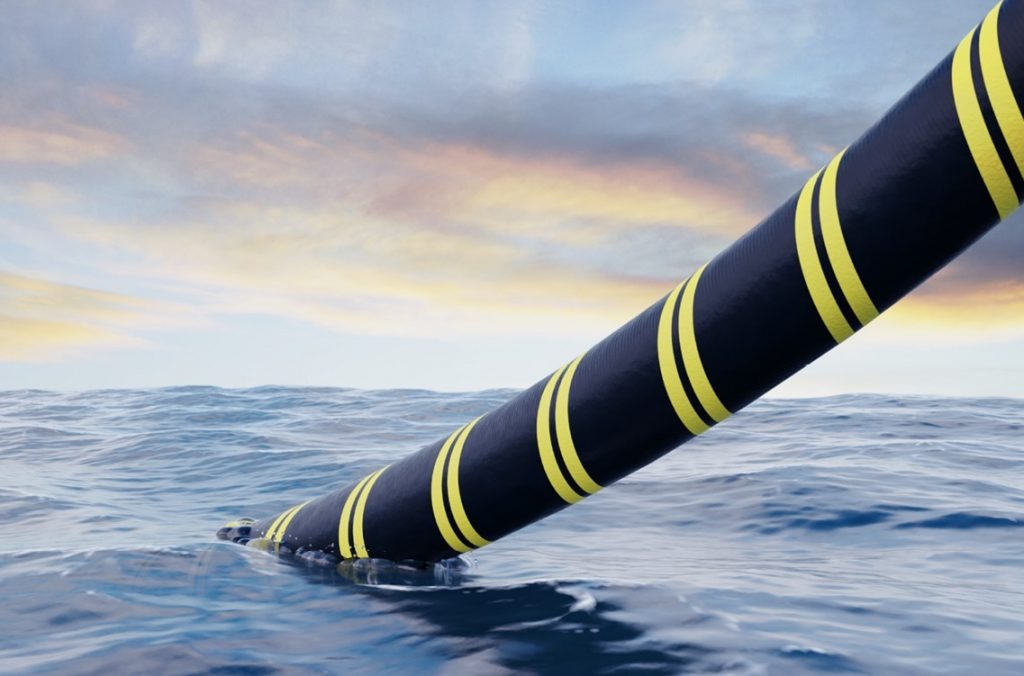
Sweden and Denmark are set to replace two aging undersea power cables, Konti-Skan 1 and 2, to enhance electricity transmission capacity between the two countries.
By Lars Nielsen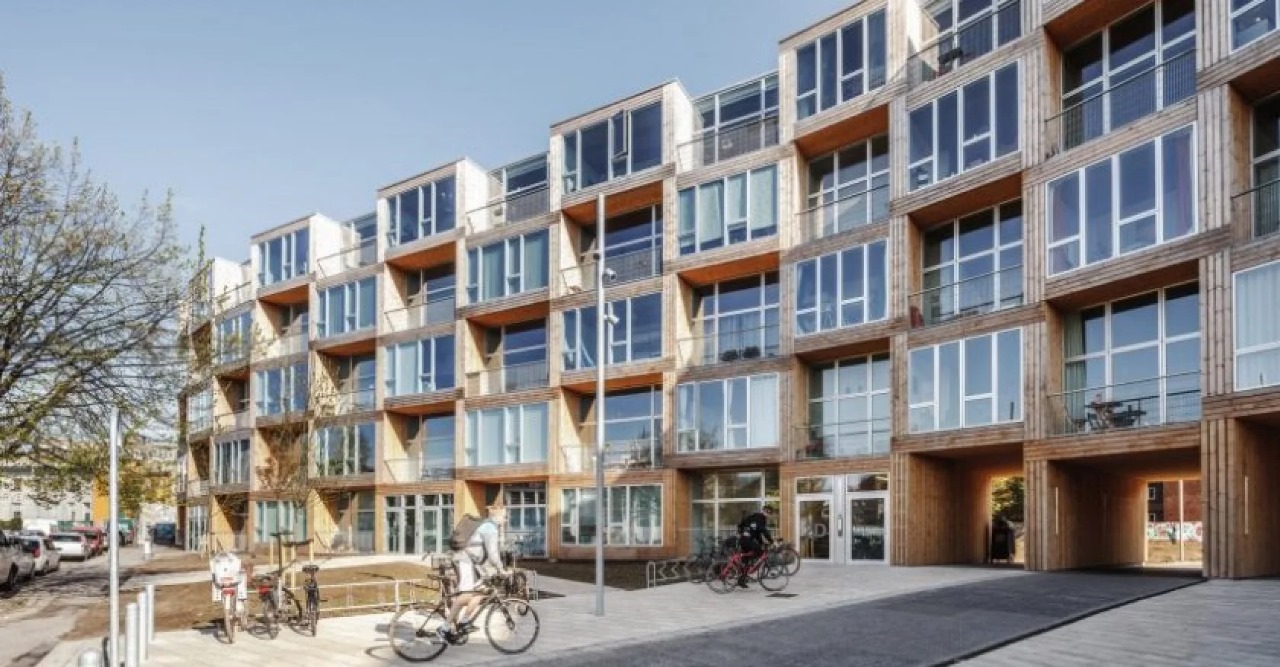
Denmark’s ethnic relocation policy faces EU court challenge over discrimination.
By Emil Pedersen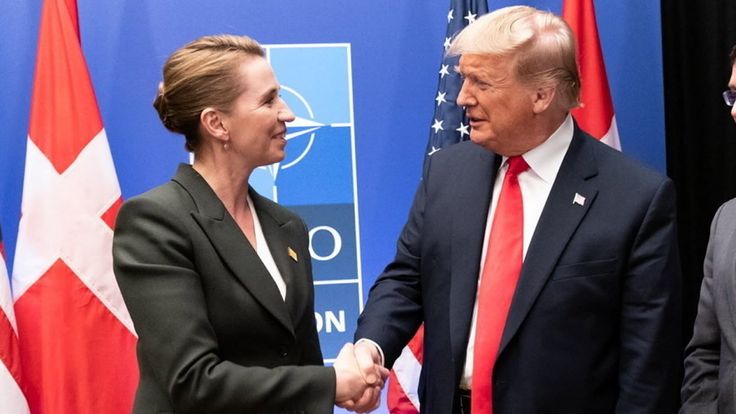
Greenland's independence movement gains momentum amid growing U.S. interest. Pro-independence party Naleraq sees Trump's comments and shifting U.S. policies as strengthening Greenland’s negotiating position with Denmark.
By Lars Nielsen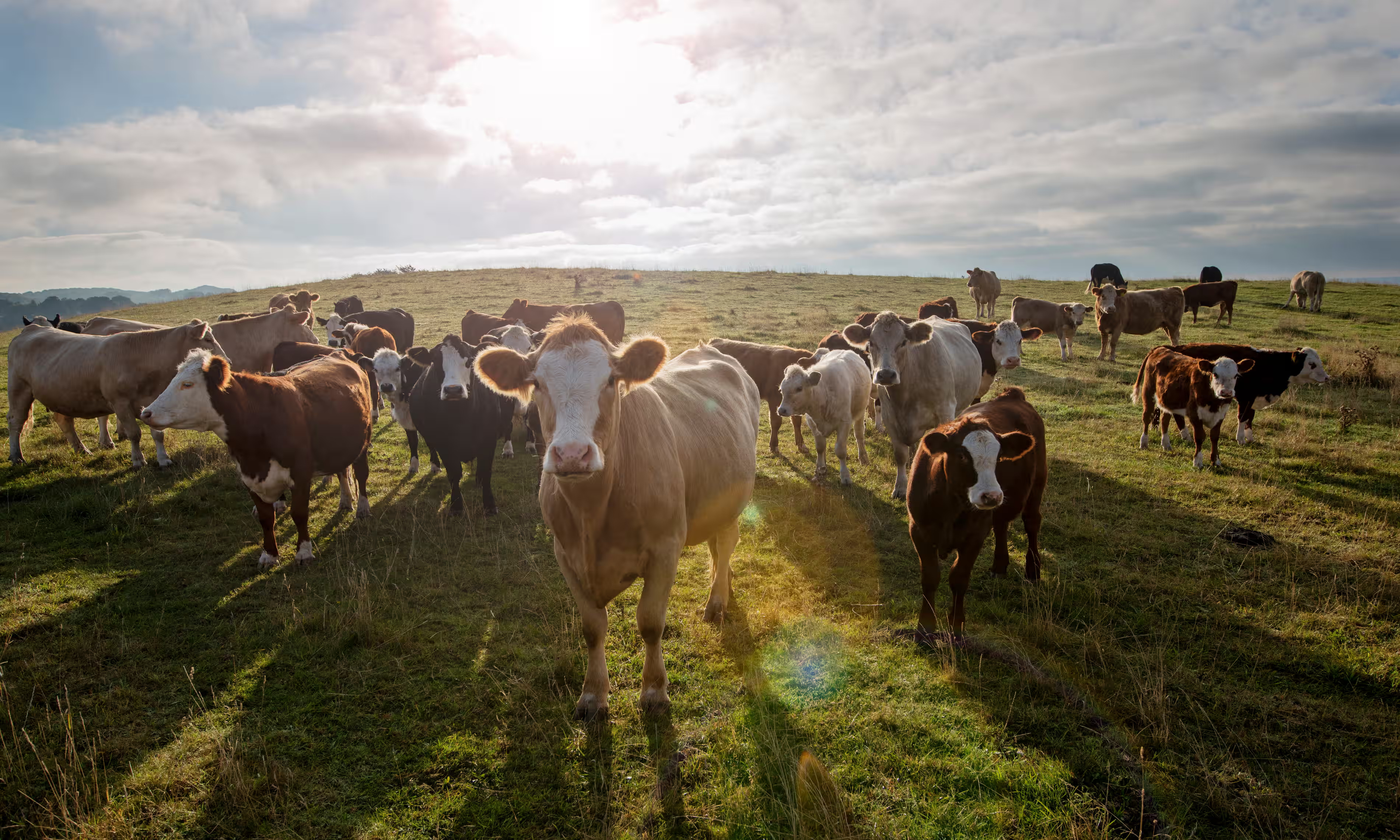
Denmark is investing €170 million in a plant-based food initiative to lower agricultural emissions, support food innovation, and promote sustainable business growth.
By Emil Pedersen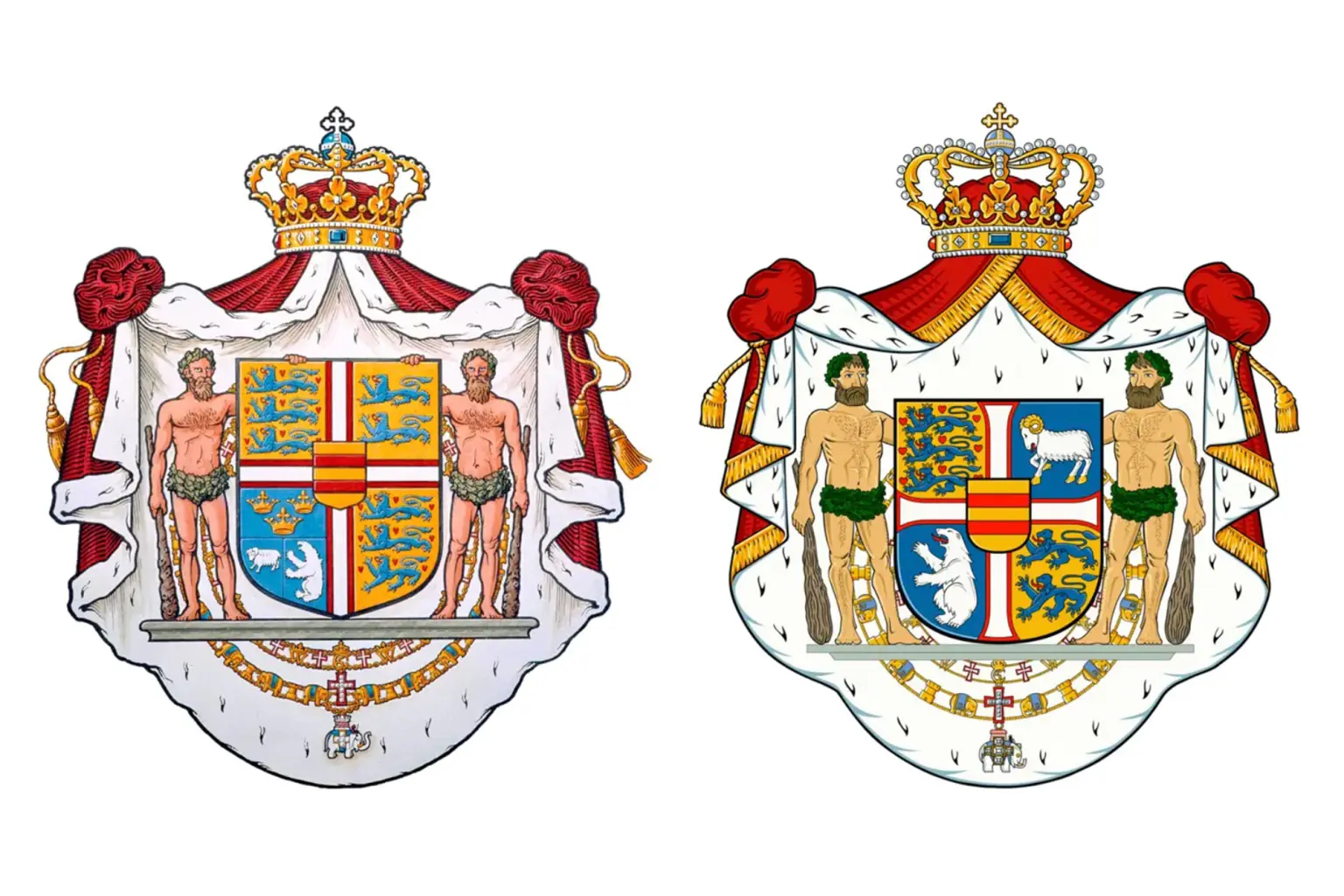
In response to U.S. interest in Greenland, Denmark’s King Frederik X updated the royal coat of arms, emphasizing Greenland’s significance and reaffirming Danish sovereignty.
By Lars Nielsen